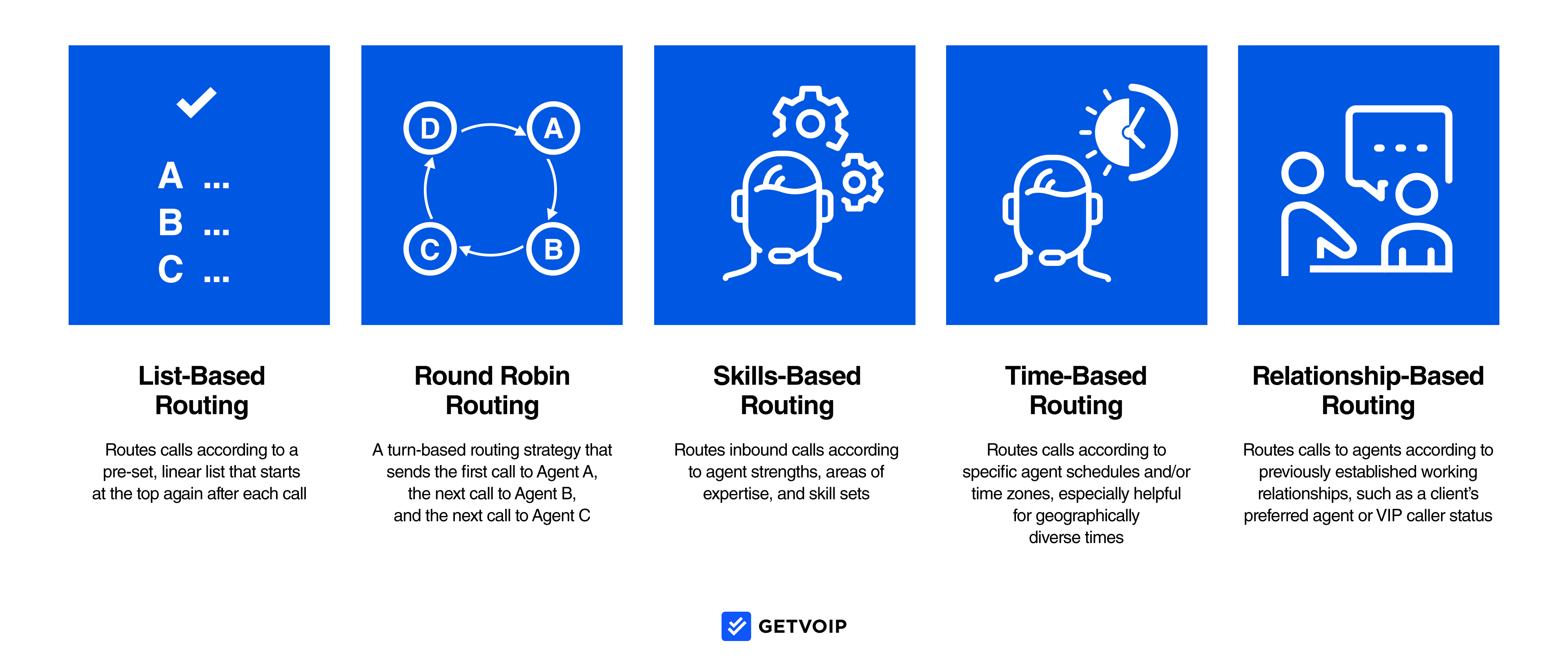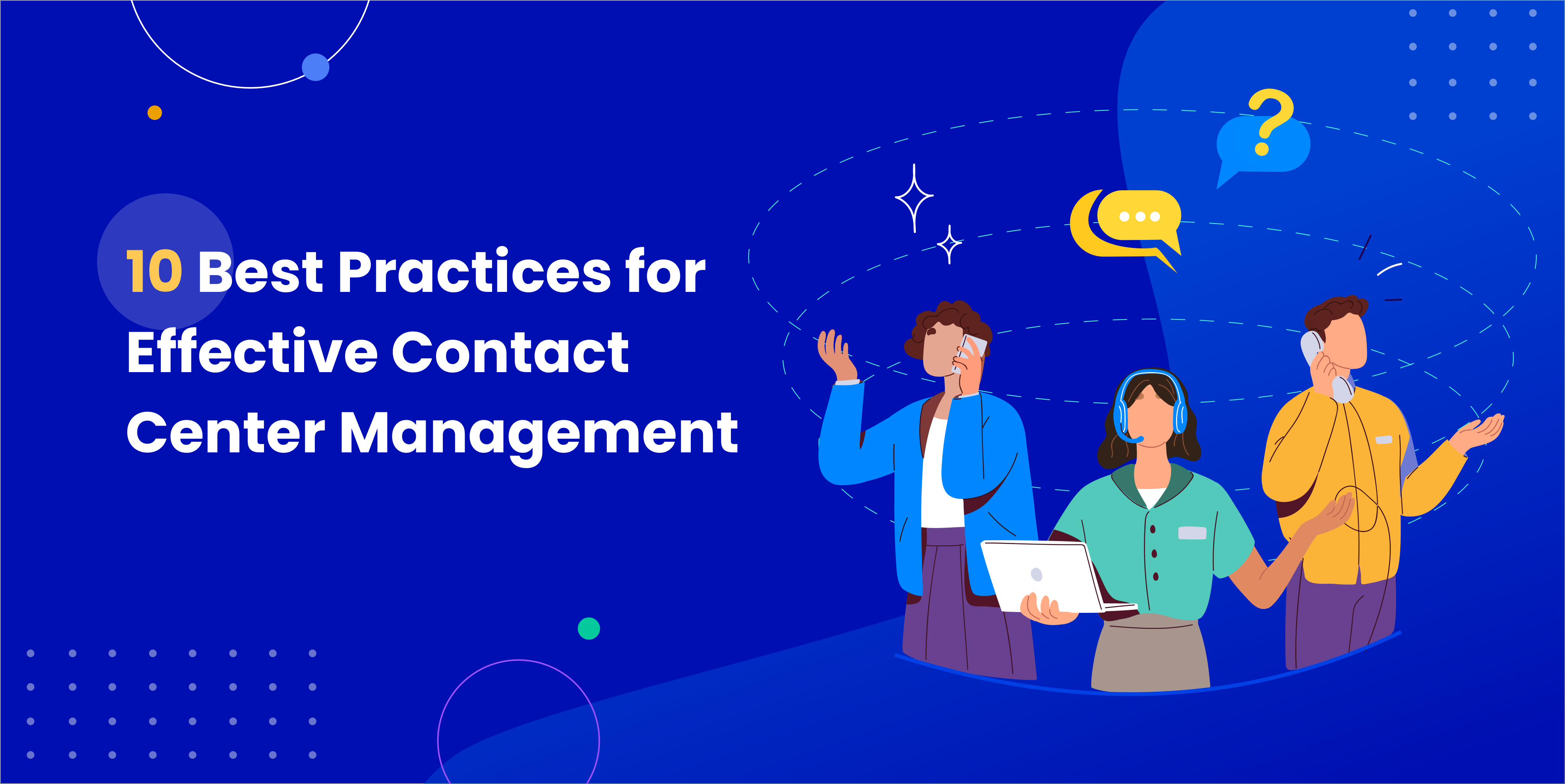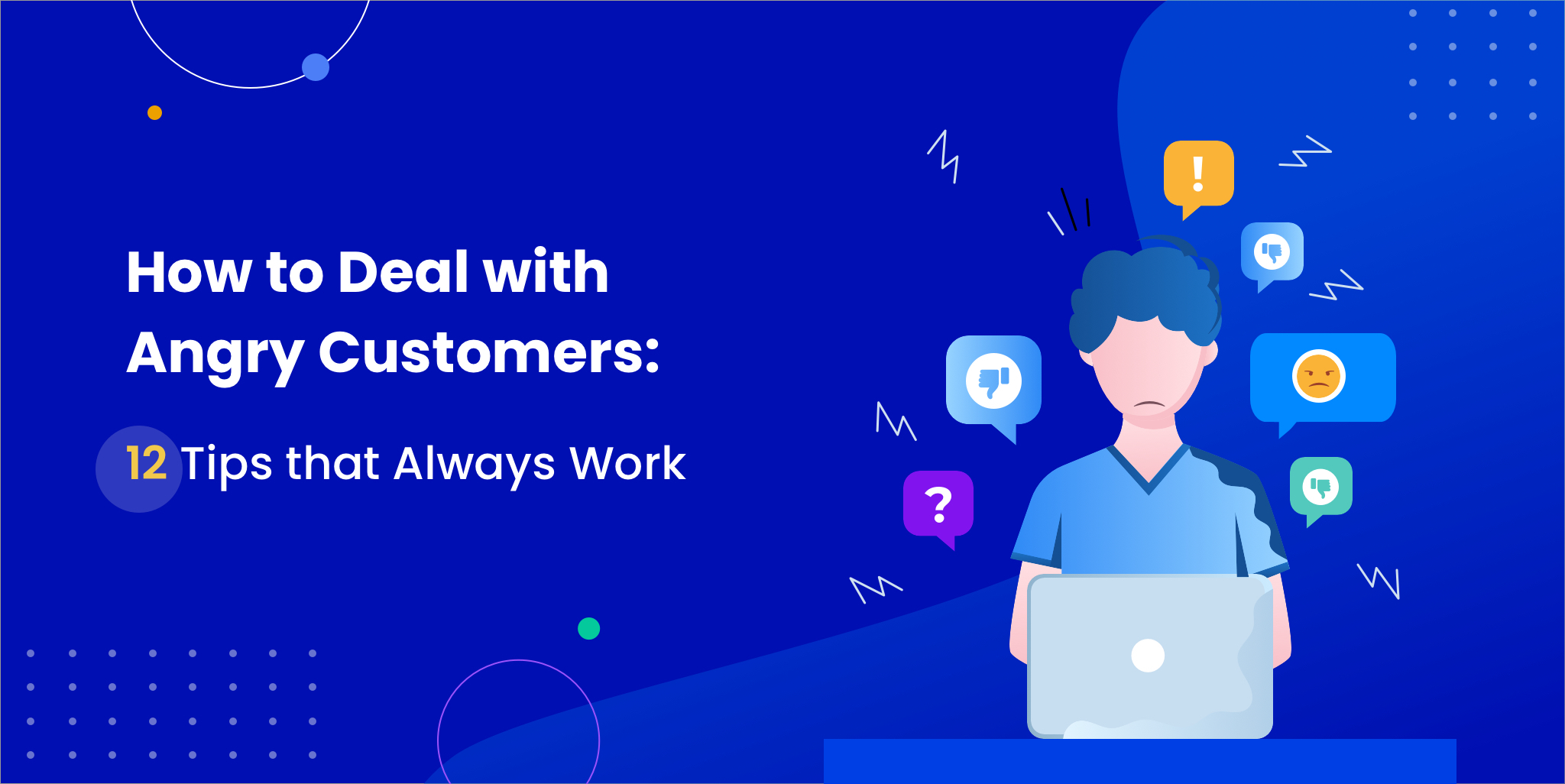What is Call Routing? Types, Benefits & How it Works
-
Product
- 16 Aug 2022
What is Call Routing? Types, Benefits & How it Works
From a consumer perspective, B2C companies are measured by two things:the quality of their products, and quality of customer service.
While most businesses understand the importance of providing quick support to their paying customers, modern businesses utilizing new-era omnichannel cloud contact centers like Contacto have a secret weapon available to them—call routing.
What is call routing?
Call routing describes the process by which support requests are assigned to a specified customer service queue based upon the needs of the consumer.
While call routing traditionally applies to voice calls, the emergence of modern support channels like SMS messaging, chat, social media, etc. have caused the term to take on a broader meaning for the process of pairing a customer with the right agent.
Types of call routing and how does call routing work?
So, how exactly does call routing work, and how are modern contact centers pairing customer support requests with the right agent?
To answer this question, we must first understand the different types of call routing, and how you might want to employ each within your customer service operation.

Source: GetVoIP.com
A next-generation contact center like Contacto will come equipped with a robust drag-and-drop workflow builder, allowing B2C teams to establish rules that assign support requests to agents with respect to the type of call routing at play.
You can see how this works in practice with our quick 1-minute video on drag & drop queue configuration:
With a custom workflow in place, customer support voice calls will be automatically routed to an agent based on criteria provided by the customer at the time the call is placed.
What is the difference between call routing and call forwarding?
If you’ve asked yourself “what is call routing”, you may also be curious about call forwarding. While virtual call routing is a dedicated procedure by which customer support calls are directed to the best agent for the job, call forwarding is a process which forwards voice calls to multiple phone numbers for a single agent, enhancing that agent’s coverage across devices.
In practice, this means that if an agent is unable to answer their desk phone for a customer call when it rings, that call will be passed on to their mobile or home phone number automatically without any difficulty for the customer.
Call forwarding serves as a useful, complementary tool for call routing that can enhance an agent’s ability to best serve their assigned customer.
Common use cases of call routing & business impact
So now that we’ve covered the questions of “what is call routing” and “how does call routing work”, let’s talk about how a contact center with a robust call routing system can empower your customer service agents, reduce customer friction, and promote growth in your business.
Top 5 use cases of call routing
There are innumerable benefits to incorporating a virtual call routing system into your business, but here are five popular use cases to get your started, and how each can help you grow your business.
Always-on customer service operation
Customer’s feeling like nobody is listening to them is a $75 billion dollar problem. Establishing workflows designed to route voice calls to different support operations depending on agent hours ensures that your customers never feel unheard, as somebody will always be available to solve their problems.
Premium service for premium customers
Whether they earn their premium status through purchase or over a period of time, it’s important to reward customer loyalty. B2C teams can configure call routing workflows to ensure that their best customers always have a direct line to an agent.
Skills to pay the bills
Let’s say a longtime customer has a billing issue that threatens their retention—skills-based call routing can guarantee that your customer is assigned an agent equipped with the proper skill set and tools necessary for a prompt resolution.
Building a relationship
There’s nothing worse than having to explain your customer support needs five different times to five different agents—14% of customers take their business elsewhere because their complaints aren’t handled properly. Relationship-based call routing allows teams to automatically assign support requests to agents who have previously helped a given customer.
Support at light speed
Sometimes, the best thing you can do for your customers is to give them somebody to talk to as quickly as possible. With round robin call routing, you can set a workflow that immediately pairs a customer with the next available agent, cutting down on wait times and reducing abandonment rates.
How Contacto pairs the right agents with the right customers
Contacto is cloud contact center software for B2C teams built with customer and agent satisfaction in mind. With Contacto, agent teams are supported by helpful automations, a unified desktop, and an omnichannel experience to exceed consumer needs and create happy customers and agents alike.
If you’re looking to keep up with the demands of the new era of support operations, we’re here to help.
Book a demo with our sales team, and we’ll help you find the right solution for your team’s needs.


